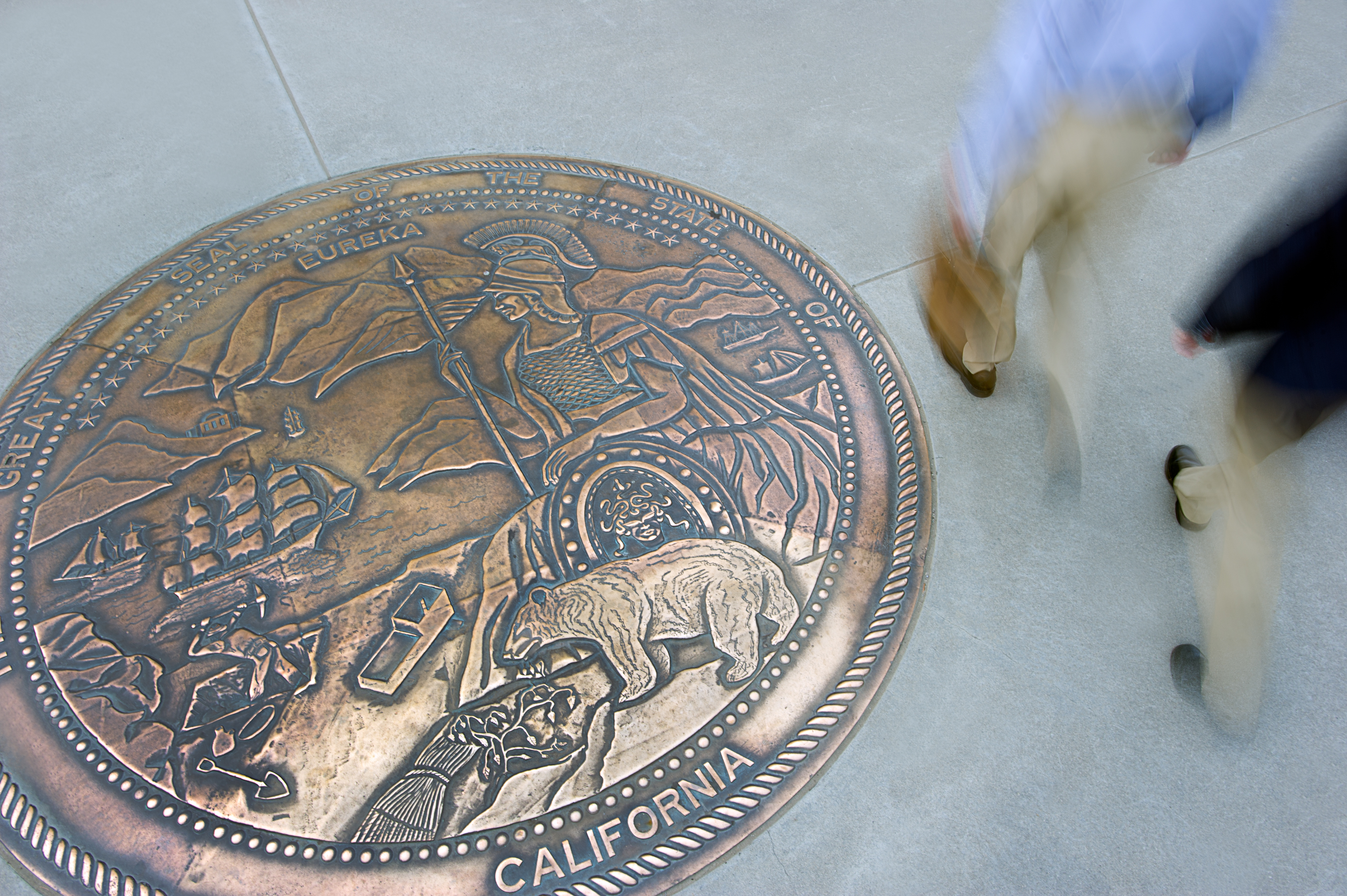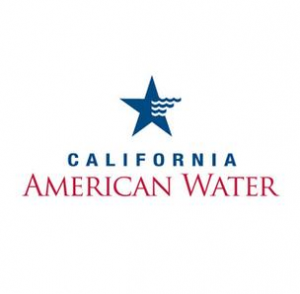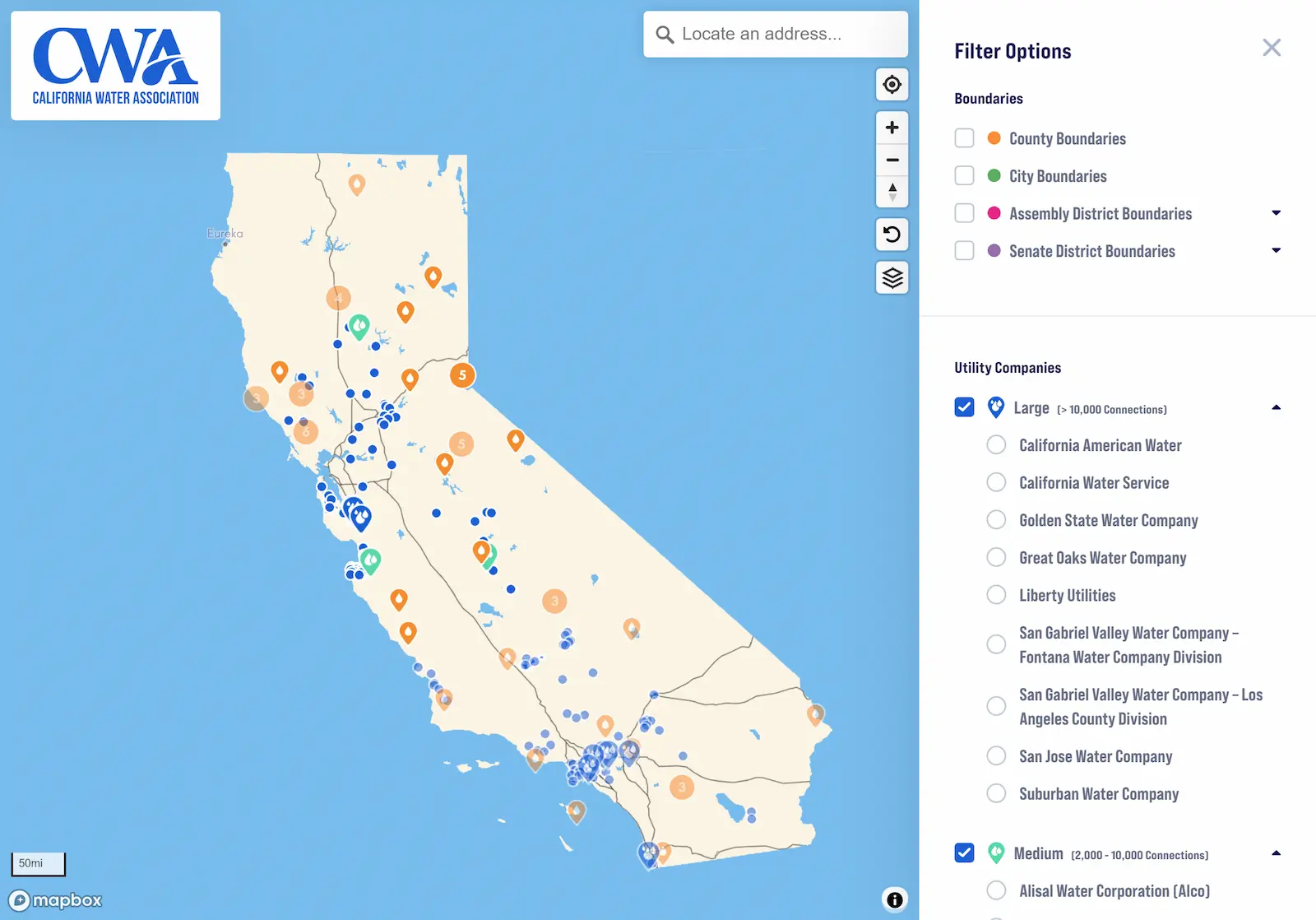As the two-year session of the California Legislature drew to a close on August 31, more than 5,000 proposed laws, resolutions and constitutional amendments either died or passed to Governor Brown’s desk. Throughout the year, the California Water Association (CWA), with Nossaman LLP’s senior policy advisors leading the way, monitored and weighed in on several bills on behalf of CWA’s members and their customers. Their work resulted in an exceptional year in Sacramento for CWA. Here is a recap of the most significant bills, beginning with the three bills CWA successfully sponsored.
Assembly Bill 2874 (Beth Gaines) – Signed into law/chaptered on August 17, 2016. This bill requires groundwater sustainability agencies to notify the California Public Utilities Commission (CPUC) before imposing or increasing a fee pursuant to their authority related to a groundwater basin that includes the service area of a regulated water utility. This statute provides an important customer protection because the CPUC will be apprised at the outset of any Groundwater Stainability Agency action that would affect customers’ rates and bills.
Assembly Bill 1180 (Cristina Garcia) – Signed into law/chaptered on September 9, 2016. This bill will establish a pilot program for Class A water companies (those with more than 10,000 service connections) allowing them to forego imposing the processing fee on customers who pay their bills with credit or debit cards. Instead, the water companies can treat this cost as an operating expense and recover it in rates, just as they do for the costs of all other payment options.
Senate Bill 1456 (Cathleen Galgiani) – Signed into law/chaptered on September 22, 2016. For regulated water systems with fewer than 3,300 service connections that have Safe Drinking Water State Revolving Fund loans, this bill would apply the principal forgiveness provisions associated with capital improvements made to CPUC-regulated water utilities, a feature that was previously available only to government-owned water agencies. CWA worked closely with the State Water Resources Control Board on the bill and is pleased that the customers of its members’ smaller districts will now benefit when the Board forgives the remaining principal on an SRF loan.
Senate Bill 62 (Hill) – Signed into law/chaptered on September 29, 2016. The bill would establish the Office of the Safety Advocate (OSA) within the CPUC to advocate for the continuous, cost-effective improvement of safety management and safety performance of public utilities. The bill also would require, among other things, the OSA to promote public utility safety by: advocating for risk-informed, cost-effective public utility safety management and infrastructure improvements and for the transparency of safety information.
Senate Bill 215 (Leno) – Signed into law/chaptered on September 29, 2016. This bill proposes a suite of reforms of the rules, operations and procedures of the CPUC pertaining to the laws and rules related to ex-parte communications and criteria and the process for disqualification of CPUC commissioners to a proceeding. With significant amendments made to the bill, CWA removed its opposition.
Senate Bill 512 (Hill) – Signed into law/chaptered on September 29, 2016. This bill proposes reforms of the operations and governance of the CPUC, including requiring the CPUC to hold no fewer than six sessions per year in Sacramento; expand the information required in its annual report and work plan to the Legislature and governor; require specific information on its website; apply the Code of Ethics from the Administrative Procedures Act to administrative law judges; and more. CWA successfully worked with a coalition of utilities to remove the ability for consortiums of local agencies to receive intervenor compensation.
Senate Bill 661 (Hill) – Signed into law/chaptered on September 29, 2016. This bill would modify “call before you dig” laws governing excavations near subsurface installations. Among other things, the bill would enhance the existing enforcement powers of specified state entities, revise liability provisions that apply to the pre-excavation notification and subsurface installation marking requirements for operators and excavators and establish the California Underground Facilities Safe Excavation Board to enforce laws relating to the protection of underground infrastructure. CWA met with the governor’s office to express concerns about regulated water companies being treated differently than public water agencies with respect to investigation and enforcement of damage to subsurface installations. However, CWA understands the governor’s longer term objective is to reach equity between the two types of utilities.
Assembly Bill 1794 (Garcia) – Signed into law/chaptered on September 21, 2016. This bill requires the governance structure of the Central Basin Municipal Water District from five elected members of the Board of Directors to seven members, who are both appointed and elected. It also creates a technical advisory committee composed of five water purveyors. The bill allows the appointed board members to serve a four-year term, but not in consecutive years.
Senate Bill 814 (Hill) – Signed into law/chaptered on August 29, 2016. This bill declares that excessive water use by a residential customer during a state of emergency based on drought conditions is prohibited. It further requires urban retail water suppliers to establish a method identifying and restricting excessive water use.
CWA appreciates the efforts of its members who took the time to analyze these bills and testify on short notice at the hearings, as well as those of Jennifer Capitolo and Pamela Loomis, whose hard work and diligence paved the way for successful outcomes of all of these bills.





